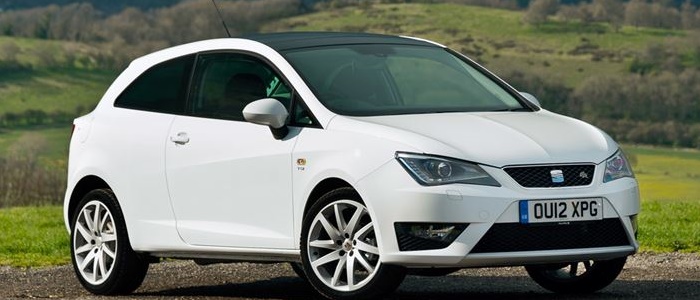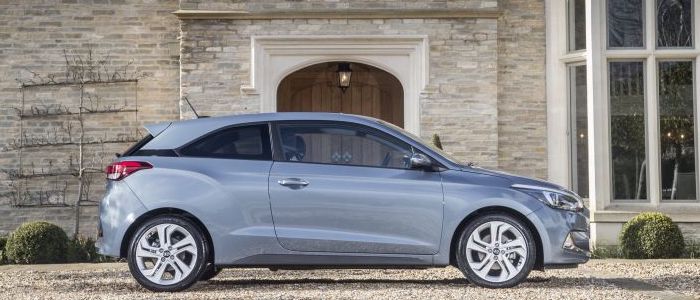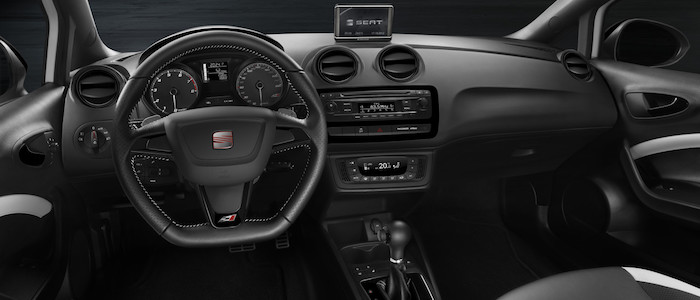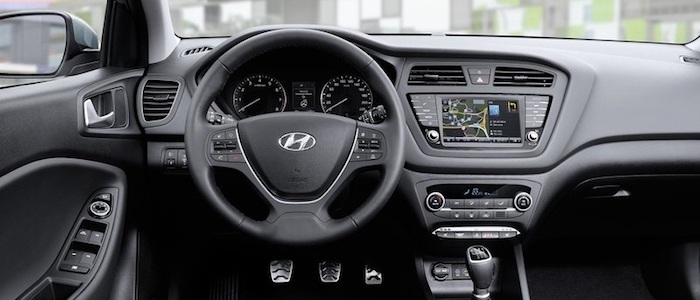Compare two cars
Compare any two cars and get our Virtual Adviser™ opinion
Marketing
Dimensons & Outlines
Engine
Performance (manual gearbox)
Performance (automatic gearbox)
Expenses
Virtual Adviser's™ opinion
Well, these are two pretty similar cars we have here! It's only details that could potentially make the difference. Considering they both belong to the city car segment and utilize the same 3-door hatchback body style and the front wheel drive system, it all comes up to the specific diesel engine choice they offer. The first one has a Volkswagen-engineered powertrain under the hood, a 3-cylinder, 12-valves 75hp unit, while the other one gets its power and torque from a 3-cylinder, 12-valves 75hp engine designed by Hyundai.
SafetyThe first thing to look into here would be the results from European New Car Assessment Programme (Euro NCAP) tests performed on the two cars. Good thing is that both vehicles got tested, with the Seat being a slightly better choice apparently. Still, apart from the official crash test results there are other things we need to be aware of. Both vehicles belong to the city car segment, which is generally not a very good thing safety-wise, but that fact doesn't break the tie between the two cars. On the other hand, if we'd like to consider vehicle mass in this context too, which we definitely should, the Korean car offers a marginal difference of 9% more metal.
ReliabilityI don't like generalizing things when it comes to reliability, although it does seem that Hyundai does have a slight advantage, all the models observed together. These are the official statistics, while our visitors describe reliability of Seat with an average rating of 4.4, and models under the Hyundai badge with 4.5 out of 5. Unfortunatelly, I don't have enough insight that would allow me to comment in more details on the specific models level. That apart, owners of different cars powered by the same engine as the Spanish car rank it on average as 4.2, while the one under the competitor's bonnet gets 4.8 out of 5.
Performance & Fuel economySeat is undoubtly more agile, reaching 100km/h in 2.1 seconds less than its competitor. In addition to that it accelerates all the way to 173 kilometers per hour, 14km/h more than the other car. When it comes to fuel economy things look pretty much the same for both cars, averaging around 3.4 liters of fuel per 100 kilometers (84 mpg), in combined cycle.
Verdict
Hyundai appears just a bit more reliable, although the difference is truly marginal. The most important thing when deciding between any two vehicles should always be safety, both passive and active. In my opinion, everything taken into account, the Spanish car offers slightly better overall protection and takes the lead. It all continues in the same direction, with Seat being considerably quicker, thus putting more smile on driver's face. It does come at a cost though, and that's the fuel consumption... At the end, as much as I'd like to give you a winner here, it's simply a pure tie if you ask me. Nevertheless, let's not forget that people have different preferences and needs, so what really counts is your personal feel. I'm only here to help. Also, you could use the oportunity to find out which car, everything taken into account, would be the perfect choice for you in the eyes of the virtual adviser™, out of 12.000+ vehicles we currently have in our database.



































